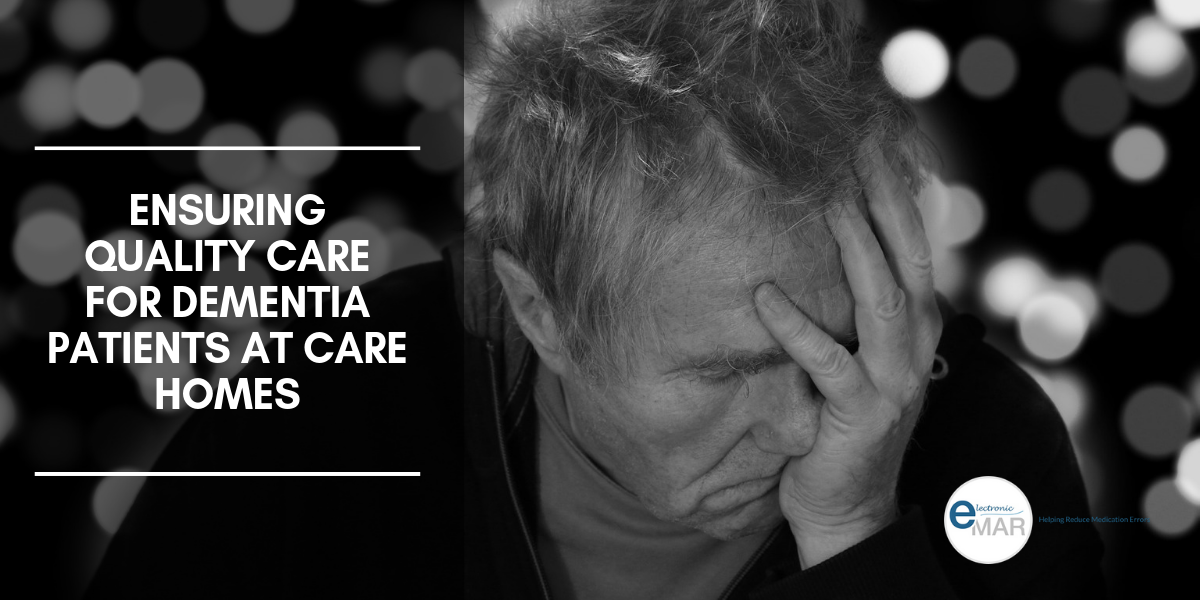Caring for people with dementia can be daunting and challenging. It is one of the most common conditions that affect the elderly. It’s not a specific disease but a broad term used to define decline or loss of reasoning, memory, and other mental abilities. If you are caring for someone with dementia, you must remember that the symptoms of dementia vary from person to person. The decline is progressive, making everyday activities such as household chores and personal care. Educating caregivers at care homes is among the many important measures to ensure quality care for dementia patients.
Here are a few ways of ensuring that people with dementia have a good quality of life at care homes:
1. Create awareness about dementia: Having in-depth knowledge about dementia can help caregivers to develop skills to better meet the need of people with dementia and their families. Knowing that dementia is more than just memory loss and how symptoms change and challenges progress can help caregivers demonstrate a great understanding and help develop skills to identify the needs of the patients on the behavioural cues rather than verbal cues.
2. Ensuring a safe environment: Falls and fall-related injuries are often common among the elderly, and more common among those with dementia. The reason could be anything from physical frailty, inactivity, multiple medications and new surroundings. From bed rails to grab bars at bathrooms, there are countless products to make your care home safe for anyone at risk of falls.
3. Having a person-centred approach: A person-centred care approach ensures that caregivers take into account each individual’s unique qualities, abilities, interests, preferences and needs. A person with dementia may need help with personal care like bathing, feeding and cleaning. This should be done while ensuring respect and dignity.
4. Organise stimulating activities: For dementia patients, lack of stimulation can be boring and frustrating. Ensuring that they engage in fun-filled activities can help reduce agitation and anxiety. Music, visual arts, drama, and gardening will not just promote a sense of busyness but also help them with their ability to process logic. Sensory activities like gardening, setting the dinner table and baking can give them a sense of pride.
5. Establish effective communication: Improving communication skills with a person with dementia makes caregiving less daunting and improves caregivers’ relationship with the patient. Make sure that you address the patient with his or her name so that you have the attention. To make sure that you are being understood, use nonverbal cues. Avoid convoluted sentences. Use simple words and sentences to get your message across.
Let eMAR help dementia care homes
To make efficient use of caregiver’s time, streamlining the medication administration by using eMAR, software that replaces conventional paper-based MAR sheets with electronic mar charts. Caregivers can access mar sheet medication on smartphones and tablets. This will reduce medication errors and will give caregivers more time to give person-centred care. To know how eMAR can help your care home increase operational efficiency, visit https://www.electronicmar.co.uk/care-homes/dementia-care/.







